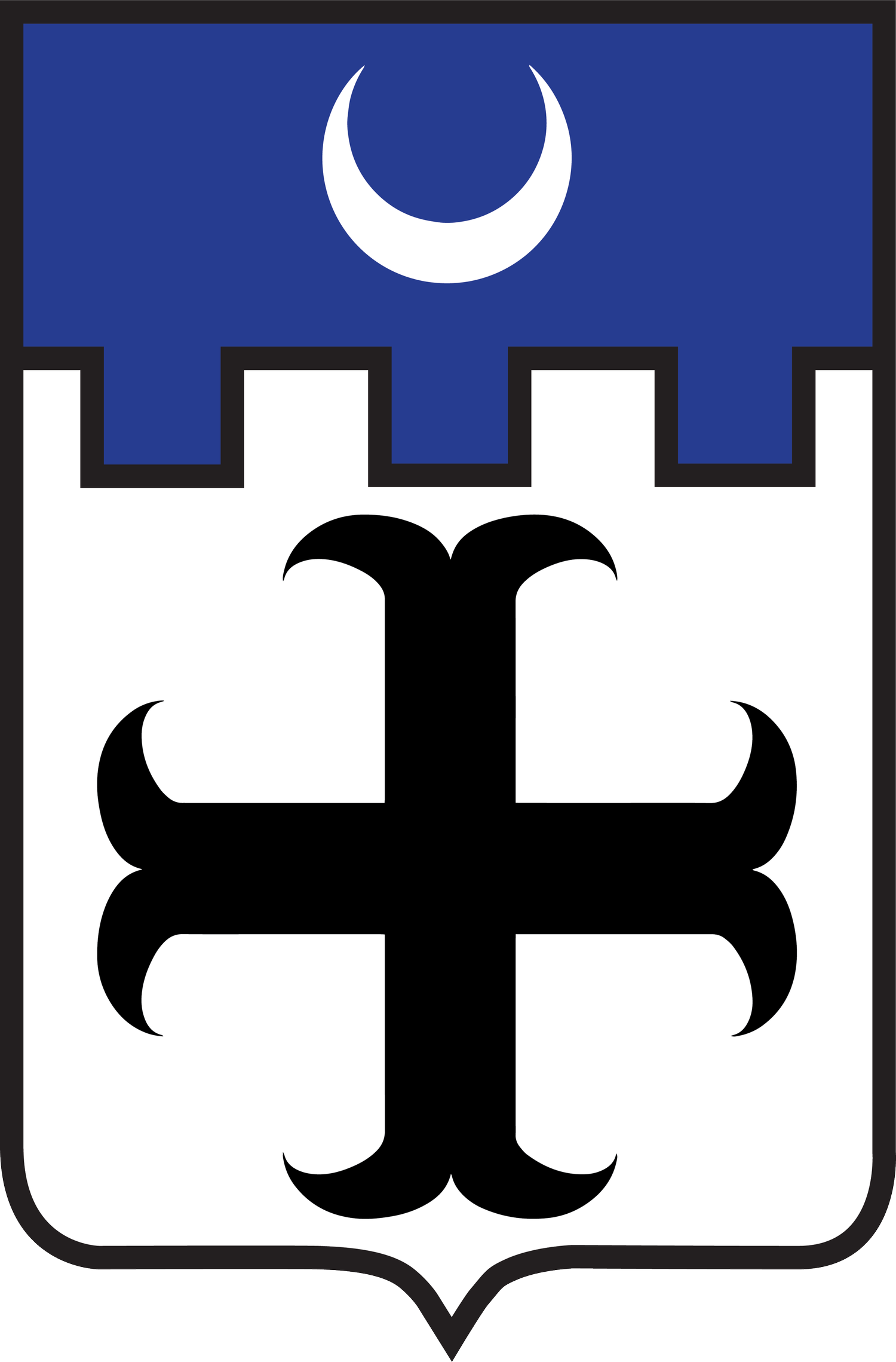The Archangels Part III of III: St. Gabriel, Herald of the Savior
By: Marion Charboneau, OSB
Part III of III on the subject of the angels named in scripture—the Archangels. In the October edition, Fr. Marion reflects on St. Gabriel, who proclaimed the coming of the savior in the humble form of an unborn babe.
This article was originally published in our October 2024 Kansas Monks newsletter. Read the whole newsletter at www.kansasmonks.org/newsletter/october2024.
My previous reflections on the Archangels having already discussed Sts. Raphael and Michael, let us now turn our attention to St. Gabriel for the month of October. That’s very fitting; October is Respect Life Month, and Gabriel, as the Gospel of Luke tells us, was given the honor of announcing the births of St. John the Baptist and of Jesus our Savior.
Gabriel, whose name means “God is Great,” is often identified in Christian tradition as archangel in First Thessalonians who will herald the Lord’s second coming with a shout and a trumpet. From this, Christian art often depicts Gabriel with a trumpet, but, strictly speaking, that archangel is unnamed in First Thessalonians. Gabriel, as an angel with a name, comes to us from the book of Daniel and the Gospel of Luke.
A trivia buff might know that the prophet Daniel’s description of Gabriel is the first time in sacred scripture when an angel is described as having wings and flying. More seriously, readers may recall from last month’s article that Gabriel received valuable help from Michael the archangel. Free by Michael to come Daniel’s aid, Gabriel came to the prophet to help him understand his sacred visions and pronounce his prophecies.
Daniel’s struggles concerned the prophecy of Jeremiah, which seemed to foretell that the Babylonian Exile would last seventy years. As it happened, at the end of that seventy years King Cyrus of Persia conquered Babylon, decreed that the Jews could return to Israel, and upon their return the rebuilding of the temple commenced. Yet, Gabriel explains to Daniel that the prophecy of Jeremiah meant Israel’s suffering would not be just seventy years, but seventy weeks of years, and in the years after the return from Babylon, Israel fell under the rule of the Greeks, the Seleucid dynasty, and finally the Romans. Gabriel explained to Daniel that, after this span of 490 years, the Messiah would come to Israel.
That day would be the basis for Israel’s hope, but in the meantime, Gabriel’s revelations to Daniel helped the Israelites as they struggled through much difficulty and suffering: helped them to have patience, to take courage in the promise, to do penance for sins, to trust in God that he would indeed fulfill his promises. In other words, Israel’s suffering would not last forever—the Messiah did come, a savior was born to us, and in Jesus the gift of salvation was offered to humanity.
Gabriel was chosen to herald that gift, a holy work that took place in two parts. First, Gabriel appeared to the priest, Zechariah, to announce to him the birth of John the Baptist to his elderly wife Elizabeth. John would be their joy and gladness in their old age, but more importantly, John—in the spirit of the prophet Elijah—would call everyone to prepare the way for Jesus by a baptism of repentance and a turning away from sin.
Forgiveness of sin would come through Jesus, and Gabriel’s greatest moment was witnessing and receiving Mary’s consent to be the mother Christ. In the last mention of Gabriel in the scriptures, his words revealed a number of things about the Messiah: Jesus would be his name, destined to occupy the throne of David in an everlasting kingship, and all of this taking place by the spirit of God.
Taken together, these scriptural revelations provide a number of important lessons for our own lives. Gabriel gives valuable testimony to the sacredness of life, especially the unborn. Gabriel’s work always points to the Messiah, to God’s will to save. Gabriel in John the Baptist shows us that repentance and conversion are essential.
Gabriel also helps reveal the value of a life of faith. Read the stories and we will see doubts, difficulties, and uncertainties. But then we see God overcoming them, how his power and love trump human weakness. Everything we see about Gabriel in the scriptures testifies to the truth he stated to Mary, that everything will take place through the Spirit and power of God, that the power of God’s love cannot be denied. In that is a message of hope of salvation for all of us in our earthly lives and eternity. May that salvation triumph in us all.
About Fr. Marion Charboneau, OSB
Fr. Marion is a priest and a fly fisherman. His passion for fishing started early in life; his passion for the faith came later on. He is an adjunct instructor of history for Benedictine College.


